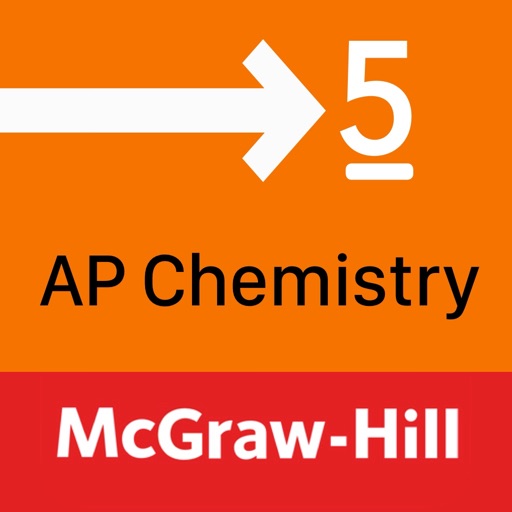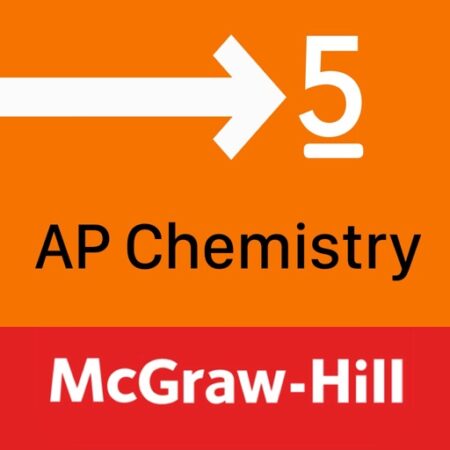
AP Chemistry Real Past Papers
If you’re a high school student who has been studying for the AP Chemistry Exam, you might be worried about how to pass it. After all, the AP exam is a standardized test. While teachers often worry about students’ exam preparation, it is not your responsibility to stress yourself out. With the proper study tools, you can conquer this test with ease. Listed below are some tips to prepare you for the AP chemistry exam.(AP Chemistry Real Past Papers)

Free-response questions
AP chemistry students should focus on official free-response questions and topic-specific practice tests during the first semester. They should start working on these materials early in the semester and review them regularly. This way, they will be well-prepared for the test. Here are tips to help you pass the exam. Read on to learn more. AP Chemistry Practice Questions
AP Chemistry Real Past papers include a variety of free-response questions that cover common chemistry concepts. However, this does not mean that the questions are easy! They are designed with a rubric that provides a blueprint for good answers. Each subquestion consists of one to five key ideas. The questions are then divided into subquestions and a student must write a paragraph or multi-step equation for each letter.
Practice your skills and strategies by solving free-response questions from AP chemistry Real Past papers. The free-response questions on AP chemistry tests have many experimental and calculation components, so you should focus on a methodical approach when preparing for the test. Practice on questions from 2014 and prior tests and make sure you know all the major concepts.
Multiple-choice questions
The AP Chemistry Exam contains several types of multiple-choice questions. Multiple-choice questions are usually the easiest to answer. The test is divided into three sections, each containing a different type of question. For the multiple-choice section, you’ll see questions that are presented in a set-like manner, based on the stimulus. There are also a few free response questions, which you can answer for maximum points.
While many AP Chemistry practice tests are available, they are from pre-2013 exams. While they are still valid for practice, you’ll be better off acquiring more recent tests from your teachers and from review books. It’s best to use unofficial practice tests when you first start studying, and then move on to official ones as your final study guide. This is an especially good way to prepare for the test.
Field testing questions
The AP Chemistry Exam contains 60 multiple choice questions and 10 field testing questions, which will not count towards the final grade. The questions are bound in a book with a reference table, so students must turn between the questions and tables to answer them. However, it is helpful to get an idea of the structure of the exam and its format before taking it. Here are some tips to study AP Chemistry with these Real Past papers:
AP Chemistry Practice Papers should include both multiple choice questions and free-response questions. Multiple choice questions should be based on a single concept. If multiple choice questions require you to use the same concept, you can also ask for the same information in multiple answers. For free-response questions, you should include the periodic table of elements. If there are no visual materials on the exam, you should make notes.
Balanced chemical equations
In AP chemistry, balanced chemical equations are an important part of the exam. They are symbolic representations of chemical reactions, expressing the reactants and products in chemical formulas. They also use symbols to show the direction of the reaction and the physical state of the reactants and products. An example of a balanced chemical equation is the reaction of oxygen with dinitrogen pentoxide, or O2 + N2. A balanced equation for photosynthesis would be 6CO2 + H 2 O.
Students must also practice balancing chemical equations. Most of the questions on AP Chemistry include a question about a balanced chemical equation. The question may be hard if the chemical equation is incorrect. To avoid this, students should review these concepts early in their studies. Balanced chemical equations are also a foundation for later topics, so reviewing them early will help them score higher on the exam.

Comments (0)